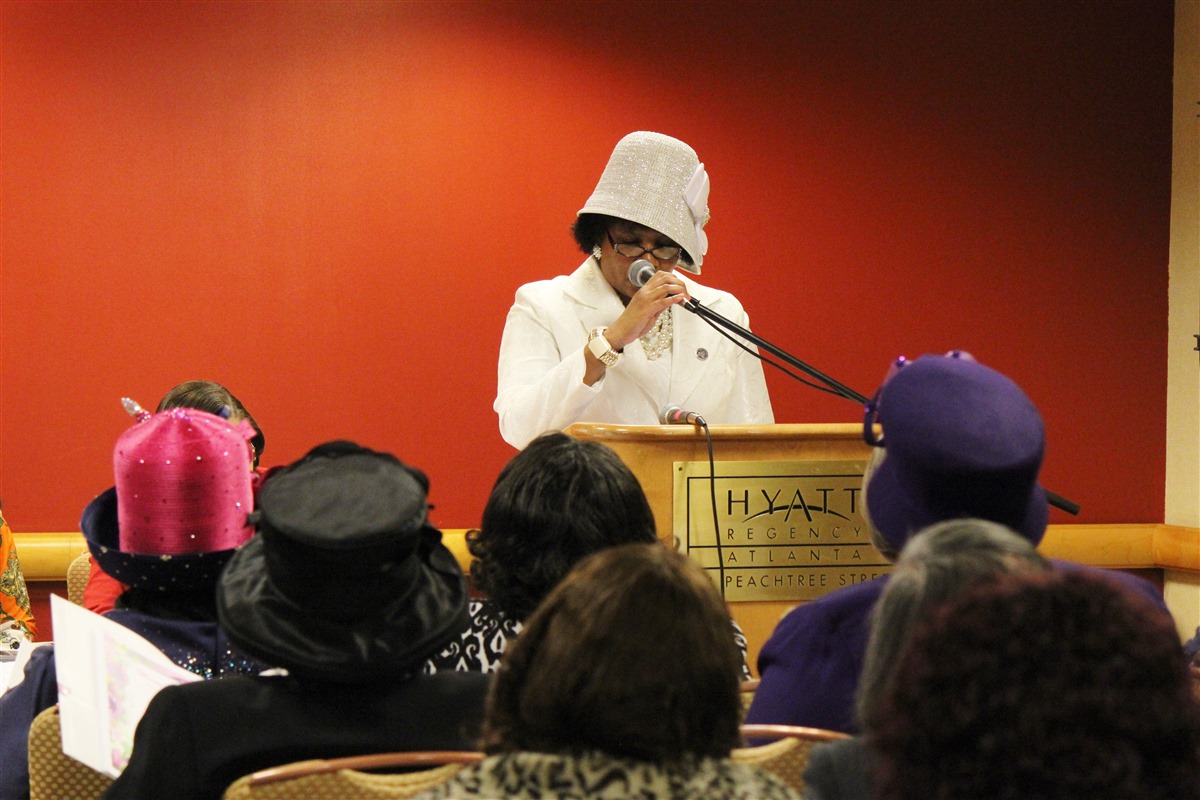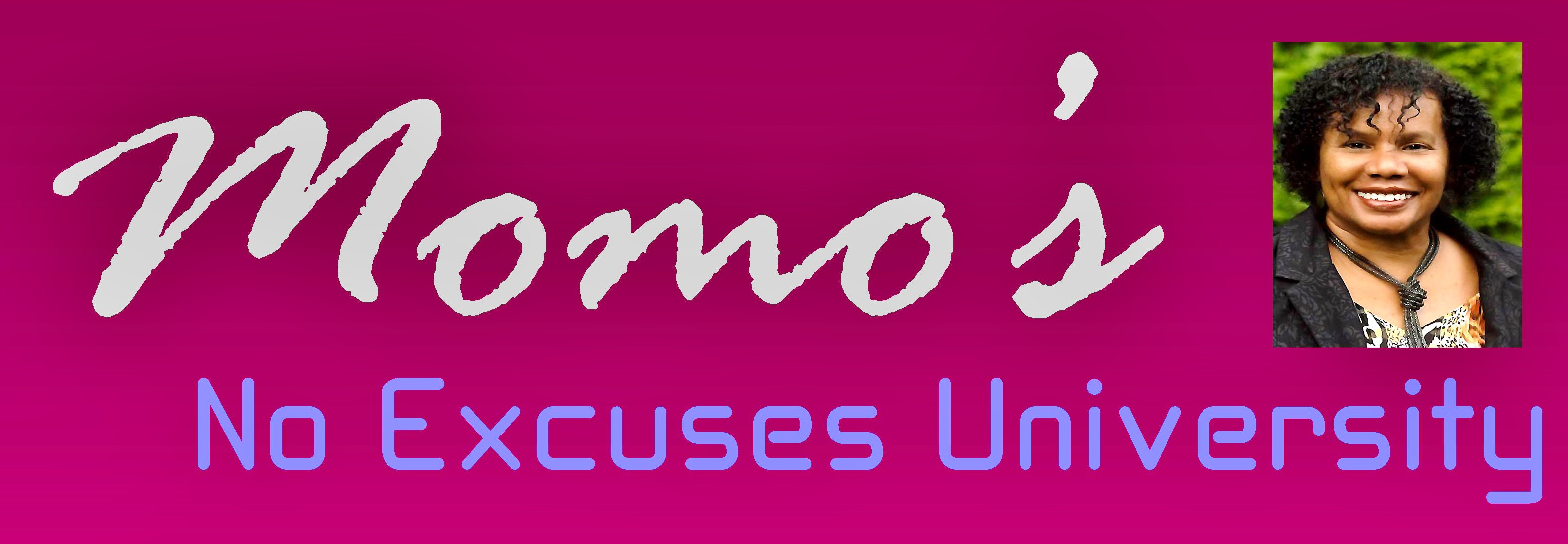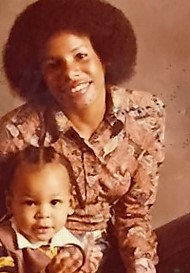Dealing With Addiction and Drug Abuse Advice for Christians Who Want to Help Those Suffering With Addiction
Lady Monique Jordan, Dual State West District
Like most people, my past experience and use of alcohol has been instrumental in my present personal choice and position concerning alcohol use. I grew up in the 60s during the African American fight for desegregation and equal rights. It was a time when jobs were relegated and scarce for the Negro. (Which was what we were called back then.) As a youngster, I watched as the television delivered the sad news to our homes of the death of President Kennedy in 1963, and Dr. Martin Luther King in 1968. Those were dark, scary, challenging, times to be alive as an American African.
When I reflect back at that period with my eyes full of God’s grace, I understand why American Africans were drinking, drugging, and dying. I understand why they might have felt the need to self-medicate. I understand why they wanted to escape, as well as why the temptation to give up the fight; collided with the desire to keep living for the children. I understand how the drive to prove their worth as humans by reacting to legislated abuse with violence, coexisted and wrested, with the desire to remain alive and accomplish something great in their lives.
I also understand my parents’ choice to turn to alcohol for relief in response to their seemingly impossible challenges. I understand that in a way, alcohol helped them to survive the suffering and oppression that they lived with everyday. Unfortunately, my parent’s choice to self medicate also contributed to their physical, emotional, and economic decline. Moreover, their “dry alcoholic” patterns were passed down to my brothers and me. The long and short of their decision was, we survived; but their lives were shortened.
So it would stand to reason that my awareness of the decisions that my parents made and the predictable outcome that resulted, might have lead me to acquiesce to my natural inclinations by choosing to remain bitter. However, thanks to salvation through a personal relationship with my Everlasting Father, and through His precious gift of the Holy Spirit sent to me by his Son, Jesus Christ; I chose to replace the bitterness I felt about my past, with gratefulness to God about my present state and future possibilities. I thank God for the clear picture that was imprinted on my heart by acquiring first hand knowledge of the destruction that drugs and alcohol added to our family system. Thanks to my parents’ living and dying example, I became acutely aware of the need to choose a different path for my life.
I praise God for blessing me with the courage to choose complete abstinence from illegal drugs, alcohol, and nicotine. I call it, “Clean Living,” Furthermore, I strongly encourage those who grew up with, or around, addicted loved ones to abstain from illegal drugs, alcohol and nicotine, as well! My desire is that everyone lives clean. My reason for choosing clean living is: I am a witness that once begun, the addictive pull of drug abuse is almost impossible to over come and the struggle to return to victorious living is extremely difficult.
God has made the path to living a clean life clear in his word. In the Old Testament Aaron and his sons the priests, were forbidden to drink either wine or strong drink when they went into the tabernacle to minister before the Lord. (See Leviticus 10:9) Proverbs 20:1 “Wine is a mocker, strong drink is raging and whosoever is deceived thereby is not wise.” Proverbs 23:29-35 vividly describes those who allow themselves be controlled by strong drink; Proverbs 31:4 shares that strong drinks and wine are not for Kings and Princes.
The short-term effects of alcohol are: distorted vision, hearing, coordination, altered perceptions, and emotions, impaired judgment, bad breath and hangovers. My dad personally suffered from some of the long-term affects of prolonged use of alcohol and nicotine... He suffered from: heart disease, lung cancer, cirrhosis of the liver, and arteriosclerosis. Therefore, I firmly stand by, and live out, my position about the use of drugs, alcohol, and nicotine: “Do not begin Any Habit that you are unable to control.”
The book, “Staying Sober” by Terence T. Gorski, and Merlene Miller is a book about the perils of alcohol and drug use. These authors describe in detail the fatal path we take when we choose to use drugs or alcohol to escape from, or postpone dealing with, our issues. They describe the path we predispose ourselves to fall into when we choose drug use as a sedative to life’s pain.
(Pictured top left, Monique at 19 with her first child. Shown on the bottom, the Lady Monique, keynote speaker at the 95th General Assembly.)
Not only that, but they also share the “demons” that follow the drug. They say this, “Many persons who are recovering from alcoholism or drug dependence attempt to substitute compulsive behaviors for the use of addictive drugs. For some, the result is the development of severe compulsive behavior that can interfere with recovery.” They are: eating disorders, gambling addictions, work/achieving, (obsessive) exercising, sexual addictions, thrill seeking, escaping, and (obsessive) spending. My question is: Why begin anything that will eventually consume inordinate amounts of time, energy, and money to discontinue?
The good news is that if by chance a person does succumb to drugs and become addicted, there is help! As a matter of fact, in a strange way, addiction to drugs or alcohol can alert and/or speed up our loved one’s realization that they are indeed broken and need help. That quick “spiral down” that addiction provides, serves as an alarm to the body. This “Alarm” can prompt our loved ones to sincerely seek the help that they desperately need.
If a person you love hears the alarm and wants help, please know that help is available for them and for you. The 12 Step Workbook summarizes the twelve steps necessary to recovery from alcohol addiction, which are: Peace with God, Peace with Ourselves, Peace with Others, and Keeping the Peace. This workbook, if it is followed genuinely, can help our loved ones to exchange their addicted lifestyle with “a more excellent way. “

The book, “Family Intervention,” by Frank L. Picard, describes the steps that families can take to help a loved one break the cycle of addiction and to unlearn codependent habits. It encourages families to, “Look at our own lives.” and be sure that the “help” we are giving is not destructive. The book describes “co-dependents” this way:
“…the loved ones of alcoholics, and addicts, and other dysfunctional individuals, caring and caretaking for them, in a way that does not work. They are individuals with their own faulty belief systems, individuals, whose own defense mechanisms get in the way of proper care and support, individuals whose own sense of self-worth and self esteem are lacking.”
Saints when we are dealing with an addicted personality we must engage in, and model, self-care. Jesus, who did not sin, set the example for the use of self-care by regularly escaping to the mountain to talk with his Father. At New Direction, we have an acronym called SPEEDY. Practicing the SPEEDY model helps us to maintain balanced healthy lifestyle. SPEEDY stands for, “Spiritually, Physically, Emotionally, and Educationally, Develop yourself.”
Peter Scazzero wrote a book called, “The Emotionally Healthy Church.” In the book, Scazzero discusses the 7 principals of an emotionally healthy person. He talks about how practicing the truth can make you free. He discusses how to avoid taking “the ropes of responsibility” from people who have no intention of improving their lives. Scazzero also discusses the need to live incarnate as Jesus did. Scazzero teaches that we need to learn to have our feet firmly on the ground, while simultaneously conversing with the Lord. I believe that one of the most important truths brought out in his book was the need to slow down in order to lead with integrity.
The truth is: “In order to deal with our addicted loved ones effectively, we need to be healthy ourselves. In the book written by Melody Beatie called, “Codependent No More,” Melody Beattie courageously says, “Have a love affair with yourself.” She lets us know that we (who are spiritual) must teach/be a model for those who are around us. We must show our addicted loved ones how to: honor themselves, by being willing to think independently, to know how we think or feel, and communicate this with others. We must also live authentically, love and enjoy life, and be loyal to ourselves.
Moreover, in the book, “The Twelve Steps for Christians” (A book based on biblical teachings) discusses the work that Christians need to do when dealing with addicts. This book wisely shares that there are more people in our lives beside addicts. We need to focus on our own personal recovery, resentment, fear, inappropriate anger, approval seeking, caretaking, control, fear of abandonment, fear of authority figures, isolation, low self-esteem, an overdeveloped sense of responsibility, irresponsibility, and repressed sexuality. That is a long list!
The Bible teaches that first we must remove the beam from our own eye to see clearly to remove the speck in the eyes of others. I believe this is the primary responsibility of any Christian, or therapist worth her salt. Our best work will be done when we hide the word in our own hearts, live out healthy precepts in our own lives; and then point others toward the Word of God in whatever medium they are able to accept it. I am confident we can accomplish that.
Finally, saints, the Bible promises "a rest" for the people of God. It is lined out in the following scriptures. Please read and meditate on the scriptures below as the Spirit gives you unction.
Hebrews 4:9-16 states: 9 there remaineth therefore a rest to the people of God. 10 For he that is entered into his rest, he also hath ceased from his own works, as God [did] from his. 11Let us labour therefore to enter into that rest, lest any man fall after the same example of unbelief. 12 For the word of God [is] quick, and powerful, and sharper than any two-edged sword, piercing even to the dividing asunder of soul and spirit, and of the joints and marrow, and [is] a discerner of the thoughts and intents of the heart. 13Neither is there any creature that is not manifest in his sight: but all things [are] naked and opened unto the eyes of him with whom we have to do. Seeing then that we have a great high priest that is passed into the heavens, Jesus the Son of God, let us hold fast our profession 15. For we have not an high priest which cannot be touched with the feeling of our infirmities; but was in all points tempted like as we are, yet without sin. 16 Let us therefore come boldly unto the throne of grace, that we may obtain mercy, and find grace to help in time of need. (KJV)
Lady Monique Jordan is presently pursuing her Doctorate’s Degree in Leadership, creating a Non-Profit Organization with her family called FREE: Family Restoration and Empowerment Enterprises, and beginning the process of writing her first book.




